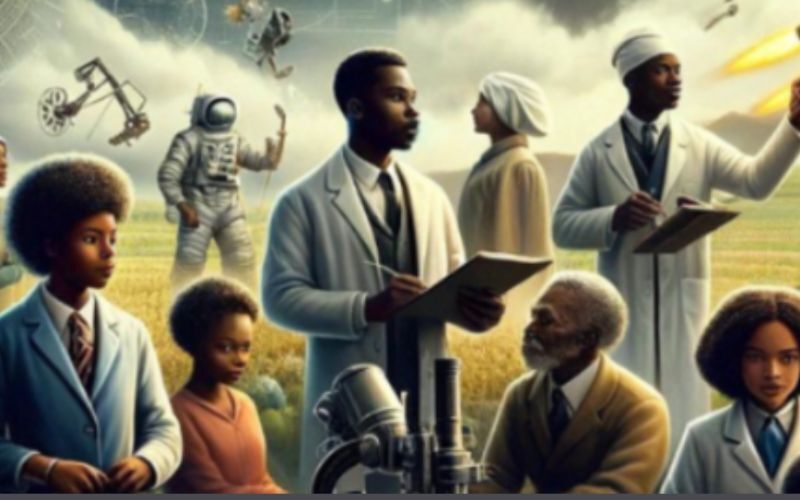When:
January 8, 15, 22, 29
February 5, 12, 19 and 26
All sessions will be @ 8:00 AM PST.
Cost: Recommended cost for 8 sessions is $20 or to your ability to pay.
Each Wednesday for two months the Harmony of Humanity will concentrate on African American music, the commemoration of Dr. Martin Luther King Jr., and his legacy of creating a "Beloved Community." This mini-series of programming will start with setting the stage for others programs, concentrating on songs of hope, resilience and determination. We will continue marking a celebration of songs to honor Dr. King on January 15, and follow with five programs that explore history through song, ending on February 26 with an emphasis on new Freedom Songs.
In essence, African American music and musical traditions have not only shaped American music but also provided a voice to the voiceless, chronicling the journey of African Americans from slavery to freedom, and from exclusion to influence. It communicates the endurance of a people, the richness of their culture, and the unbreakable spirit that transforms adversity into art.
The portrayal of African American history through music conveys several important messages:
1. Resistance and Survival
African American music has often been a form of resistance against oppression. From spirituals sung during slavery, offering hope and covert communication for escape, to protest songs of the Civil Rights Movement, music has been a means to resist dehumanization and assert dignity. Songs like Billie Holiday’s “Strange Fruit” and Sam Cooke’s “A Change is Gonna Come” voiced the pain of racial injustice and became anthems for social change.
2. Cultural Identity and Pride
Music has preserved and celebrated African American cultural identity. Genres such as jazz, blues, gospel, soul, and hip-hop have roots in African rhythms and have evolved into uniquely American forms of expression. These musical traditions showcase the ingenuity, creativity, and endurance of African Americans, helping them maintain cultural pride and self-expression in the face of systemic marginalization.
3. Community and Unity
Music has always been a unifying force in African American communities. During slavery, work songs and spirituals were collective expressions of shared experience, offering solace and a sense of solidarity. Later, jazz clubs, gospel churches, and hip-hop cyphers became spaces for African Americans to gather, heal, and find strength in community, helping them navigate adversity together.
4. Transformation and Innovation
African American music is characterized by continuous innovation, often transforming pain and hardship into something powerful and beautiful. The emergence of the blues, born from the sorrow of the post-slavery South, transformed into jazz, R&B, and rock and roll, impacting global music. Hip-hop, similarly, grew from the hardships of urban America but became a global cultural force, shaping dialogues on race, politics, and identity.
5. Storytelling and History
African American music has always been a way of telling stories—of struggle, love, joy, and the complexities of life. From the historical narratives in the blues and the personal experiences shared in rap, music has documented African American history in a way that textbooks often overlook. These songs serve as oral histories, passing down the lived experiences of generations and ensuring that their voices are heard.
6. Hope and Empowerment
African American music often carries a message of hope, even in the face of great suffering. Gospel songs, spirituals, and later, freedom songs during the Civil Rights Movement, conveyed a sense of hope for a better future. These traditions have continued into modern music, where messages of self-empowerment and resilience are prominent, especially in genres like soul, R&B, and hip-hop.


